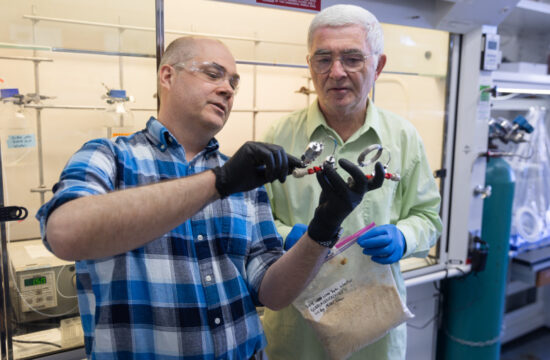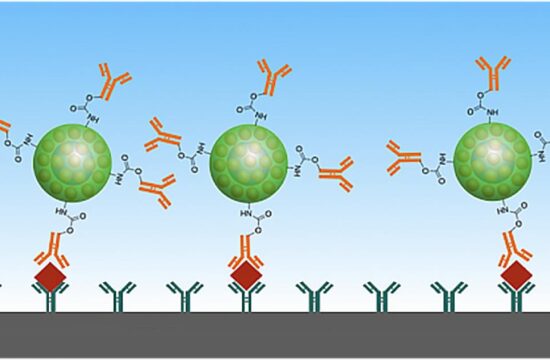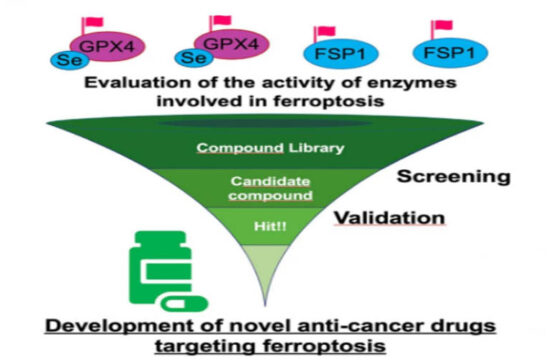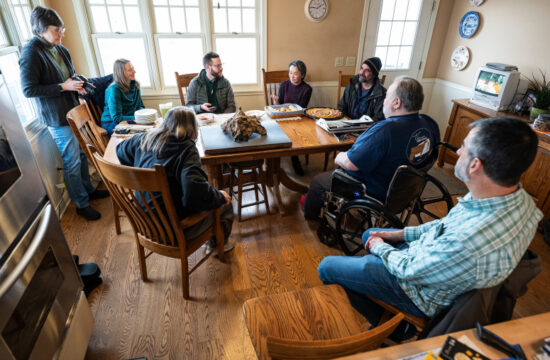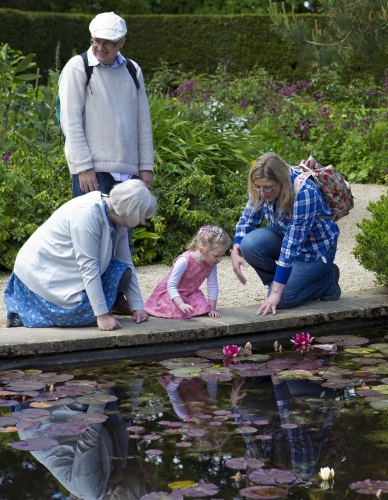
MADISON
There are no shortcuts. To get to old age, one has to steer through midlife.
Sometimes that path is filled with joys of family, friendships, good health and career success. Other times, there is hardship, illness or loss, and the journey becomes more about how to survive in a complex world and being resilient – able to bounce back from stressful experiences quickly and effectively.
Yet with either path, common themes are emerging as important stepping stones to well-being.
In fact, it’s one of the most important developments in health research in recent years – proof that well-being matters – and it’s one of many findings emerging from the Midlife Development in the U.S. study, also known as MIDUS.
MIDUS is a national longitudinal study on aging explicitly focused on midlife, including transitions from young adulthood to midlife, and from midlife into old age.
While there is a significant body of research that focuses on early childhood and “the twilight years,” what was missing prior to MIDUS was a thorough, in-depth study of what happens to people during midlife, the longest segment of the life course. Midlife is a period of increased responsibility for family and work, making the health or well-being of middle-aged men and women of critical importance to society as a whole.
“That part of the life cycle had not been explored before,” explains Carol Ryff, a University of Wisconsin-Madison psychology professor, director of the Institute on Aging, and MIDUS principal investigator.
Last summer, the project was approved for a new round of National Institute on Aging funding through the National Institutes of Health. The grant totaling $30,683,087 will support the next round of data collection – including parts orchestrated by the University of Wisconsin Survey Center – from a sample that has grown to 12,000 Americans ranging in age from the late 20s to middle 90s.
Funding for the initial study in 1995 was provided by the John D. and Catherine T. MacArthur Foundation. Since then UW-Madison has been awarded nearly $90 million from the NIA to support continuing research in MIDUS. The study itself now has a 20-plus year life span.
Alongside detailed medical histories, MIDUS in that time has gathered detailed data about the stresses and rewards of balancing work and home life, building and maintaining relationships, and the challenges of raising children with developmental disorders.
“What we usually study in health research is illness, disease and disability,” Ryff says. “Those need to be studied. But people have strengths, and psychological and social resources, that make them resilient and that keep them healthy despite difficult life situations that often accompany economic inequality, unexpected stresses or the challenges of aging.”





